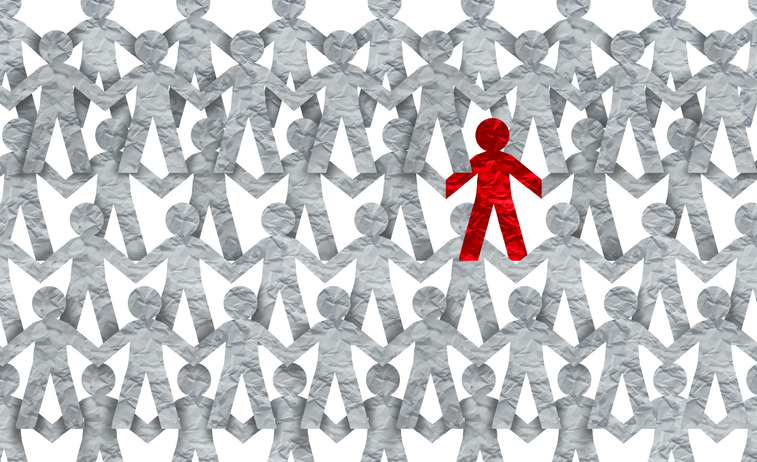Living with Chronic Pain
What Is Illness-Related Stigma?

Stigma occurs when someone is viewed in a negative light or discriminated against because of a distinguishing characteristic or attribute. Individuals who experience illness may be stigmatized because of their illness.
Illness-related stigma involves incorrect assumptions or negative generalizations about an illness or individuals with illness. Because there are numerous illnesses, illness-related stigma materializes in a variety of ways.
Examples of illness-related stigma include the following:
- Assuming that everyone who gets lung cancer is or was a smoker and is responsible for their illness
- Assuming that individuals with cancer are disabled or incompetent, or assuming that cancer is always fatal
- Believing that only certain groups of people can get HIV
- Making moral judgements about a person living with HIV
- Making assumptions about a person’s illness, such as hearing a person cough and assuming they have COVID-19
- Attributing illnesses to certain groups of people, such as attributing COVID-19 to Asian Americans or Pacific Islanders
Consequences of illness-related stigma
Individuals with an illness may experience social rejection, workplace termination, or poor health care because of illness-related stigma. Individuals with illness may eventually begin to anticipate that others will devalue them or treat them differently because of their illness. They may also isolate themselves and receive less support from friends, family members, and colleagues. This anticipated stigma and its effects on relationships can increase stress, negatively impact mental health, and decrease quality of life for the individual with the illness.
Stigma from health care providers can also be very harmful. When individuals with illness experience or anticipate stigma from their healthcare providers, they may be reluctant to share symptoms and concerns, which prevents them from receiving adequate care.
The bottom line
Illness-related stigma can be reduced or eliminated with education that disproves mistaken beliefs or assumptions about illnesses. If individuals experience illness-related stigma, seeking mental health support and practicing relaxation techniques for stress management can help.

















